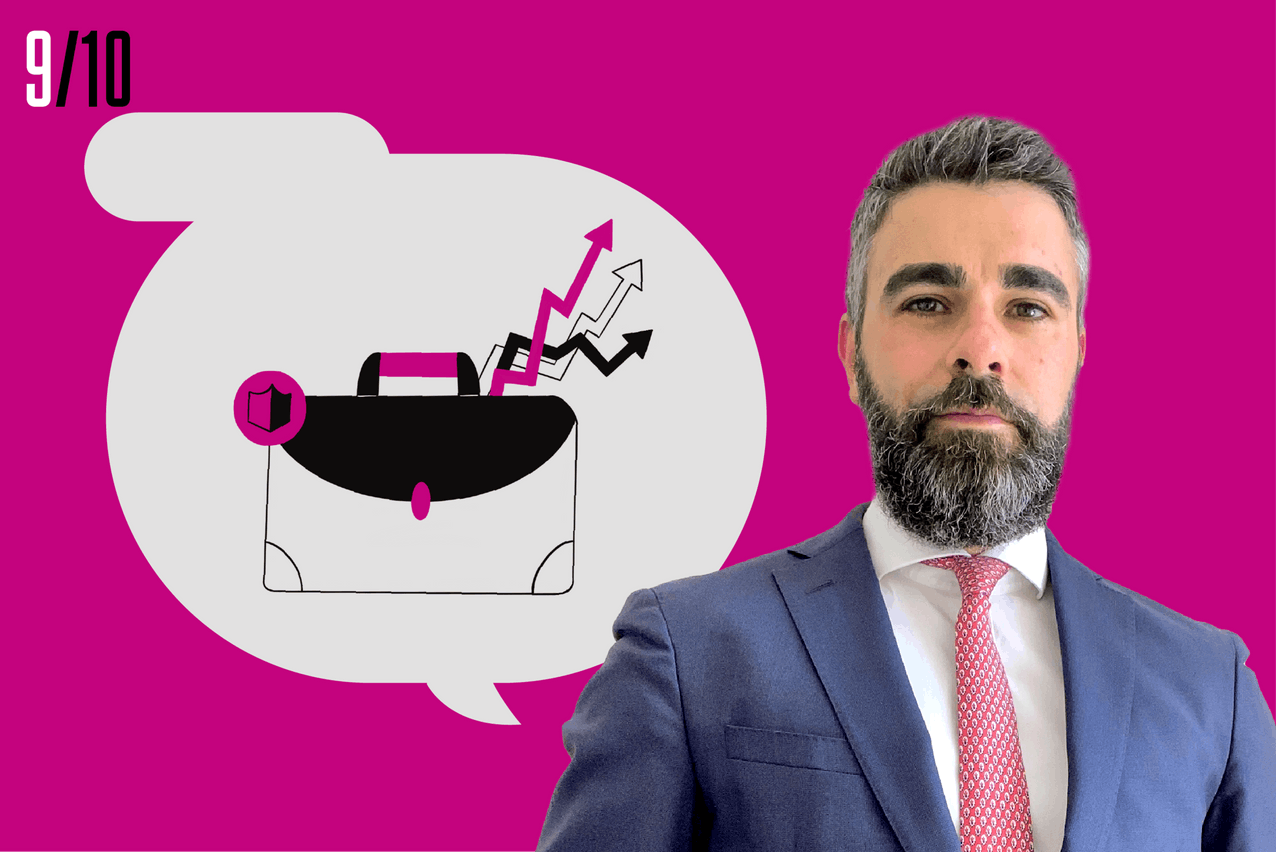Both from a long- and a short-term perspective, Capital Group believes in the benefits of investing in high quality fixed income securities. Carpenzano himself is bullish about the longer term perspective “both in developed and emerging markets, because yields in government bonds and blue-chip corporates are quite attractive, and thus offer a way to lock in higher yield for longer,” he says, suggesting this may be a “once-in-a-lifetime opportunity.”
Yet even for those investors with concerns about the short-term consequences of economic and interest rate uncertainty, Mr Carpenzano thinks the fundamentals may be positive for bond investors. “The worst case for fixed income today is a reacceleration of inflation leading to more aggressive central bank interest rate hikes than forecast,” he says, adding, “this is the least likely scenario.”
Much more likely, he says, is a slowing of inflation and reduced interest rates, whether or not economies experience negative economic growth. Not only could investors who act now lock in higher yields, they may also benefit from bond price appreciation as interest rates fall.
This opens a debate about the pursuit of a somewhat contradictory policy mix: governments remain keen to support growth with spending; meanwhile, central banks are using interest rates to drive down inflation, and at the same time providing the market with liquidity to help businesses adjust to the return of positive interest rates.
Mr Carpenzano sees a longer term risk in which politicians are incentivised to pressure central bankers to keep interest rates lower than recommended by economists. Not only do higher rates choke off economic expansion, he cautions, but they make it more expensive for governments to borrow.
Amid the current media debate about the continued relevance of central banks’ 2% annual inflation target, Mr Carpenzano believes the psychological importance of maintaining these targets remains strong. “It is very important to have a target and for the central bank to stick to that, because this is central to anchoring the inflation expectations of consumers and employees.” Breaking norms such as this would be interpreted as a sign of financial instability, which would have considerable long-term negative consequences.
Overall, he sees inflation falling over the very long term but believes it will tend to stay higher for longer, and above central banks’ targets. Given this uncertainty, Mr Carpenzano points to the increased relevance of actively managed investment funds, rather than those that simply shadow an index.
“Over the past decade of low inflation and suppressed volatility there was a big role for passive funds like ETFs [exchange traded funds]. But with the current environment, the case for flexibility is strong now,” he says, referencing Capital Group’s five decades of experience in this area. This, he believes, gives them the edge as the economy returns to what some are calling the “old normal” – an economy experiencing both inflation and positive interest rates.
Are you interested in the expertise presented by Capital Group? Click to visit Capital Group’s website.
